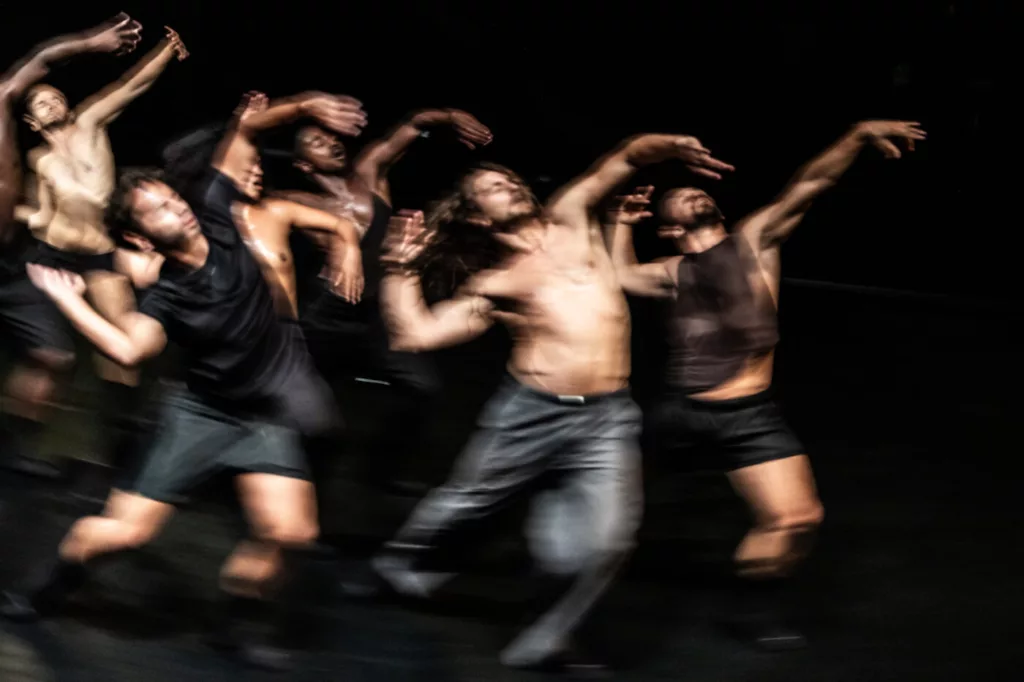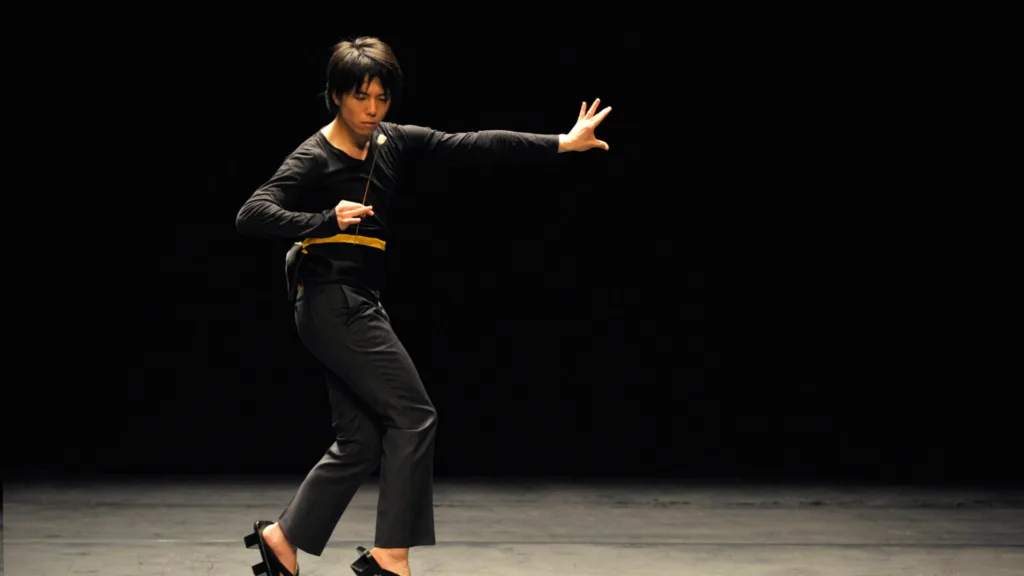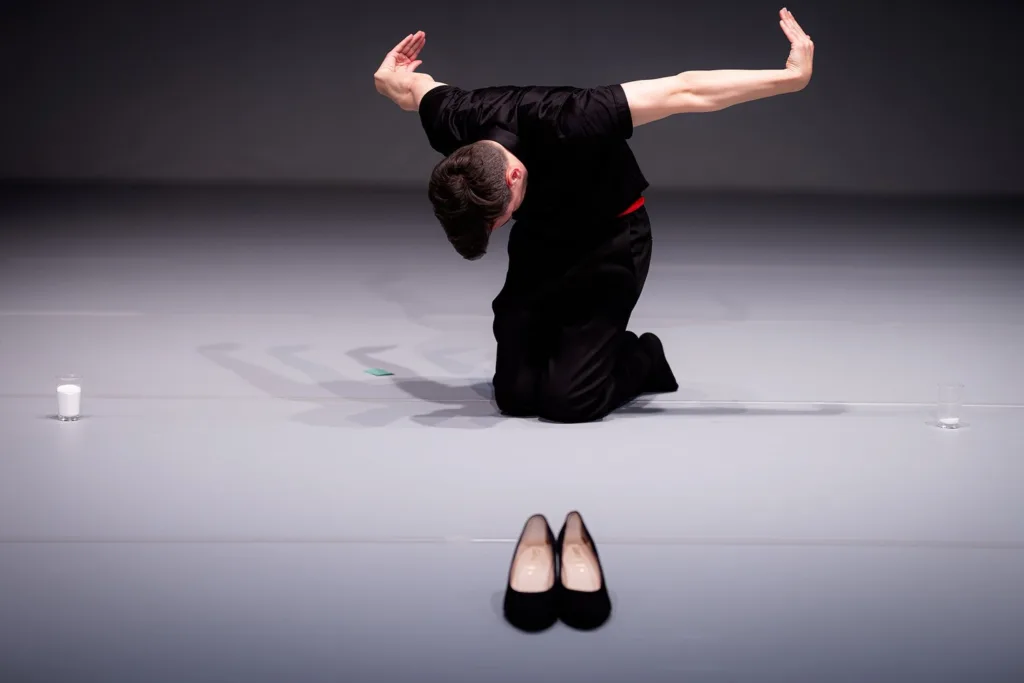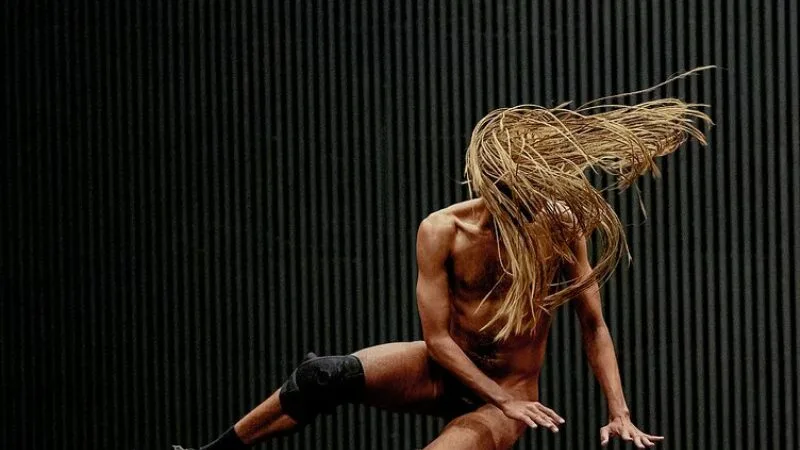- October 22 – 26, 2025 Le Colisée, Roubaix
- October 29 – November 2, 2025 La Bourse du Travail, Lyon
- November 5 – 14, 2025 Théâtre du Châtelet, Paris
- November 20 – 23, 2025 Megaron Concert Hall, Athens
- January 16 – 18, 2026 Power Center for the Performing Arts, Ann Arbor
- January 24, 2026 The Auditorium Theatre, Chicago
- January 28, 2026 The Byham Theater, Pittsburgh
- January 31, 2026 KeyBank State Theatre, Cleveland
- February 3, 2026 Majestic Theater, Gettysburg
- February 7, 2026 Cyrus Northrop Memorial Auditorium, Minneapolis
- February 11, 2026 Musco Center for the Arts, Orange
- February 14 – 15, 2026 Zellerbach Hall, Berkeley
- February 27 – March 2, 2026 Florida State University Theater, Sarasota
- March 14, 2026 The Performing Arts Center, Purchase
- March 25, 2026 Memorial Hall, Chapel Hill
- April 2 – 4, 2026 John F. Kennedy Center for the Performing Arts, Washington
- April 8 – 12, 2026 New York City Center, New York
- May 6 – 10, 2026 Teatro La Fenice, Venice
- May 12, 2026 Teatro Comunale Pavarotti Freni, Modena
- May 29 – 30, 2026 Annenberg Center for the Performing Arts, Philadelphia
The Legendary Martha Graham Dance Company
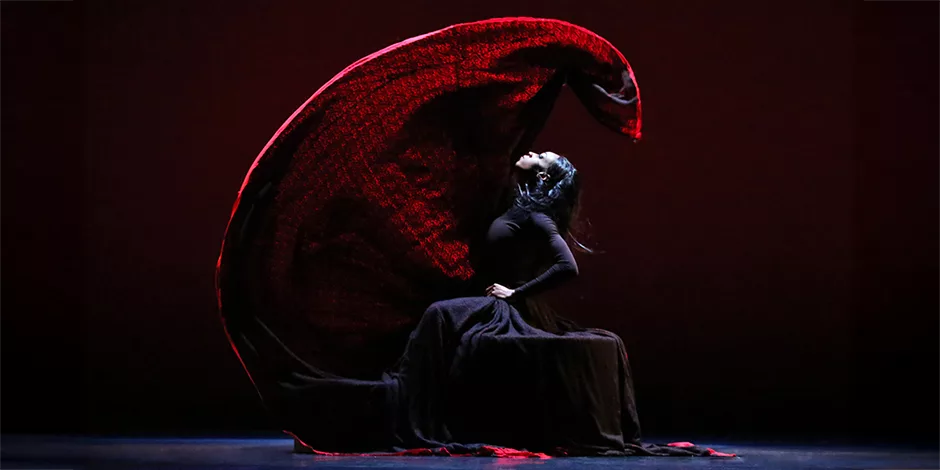
One of the greatest artists of the 20th century, American genius Martha Graham forever altered the fabric of dance by creating an entirely new style of expression through movement. Today, the Martha Graham Dance Company keeps her spirit of ingenuity alive by showcasing Graham masterpieces beside stunning new dances inspired by her legacy.
Celebrating the phenomenal milestone of its 100th year, Martha Graham Dance Company is touring acclaimed new works and the signature Graham classics.

